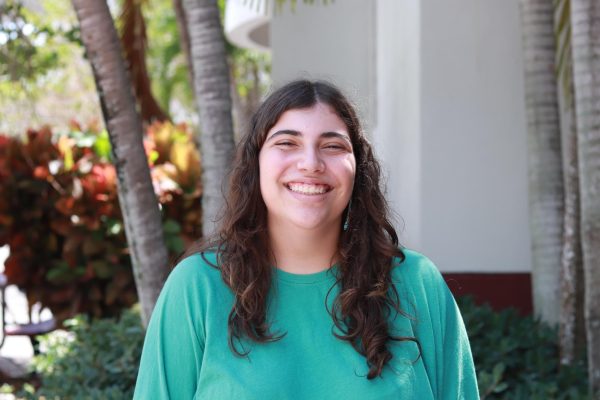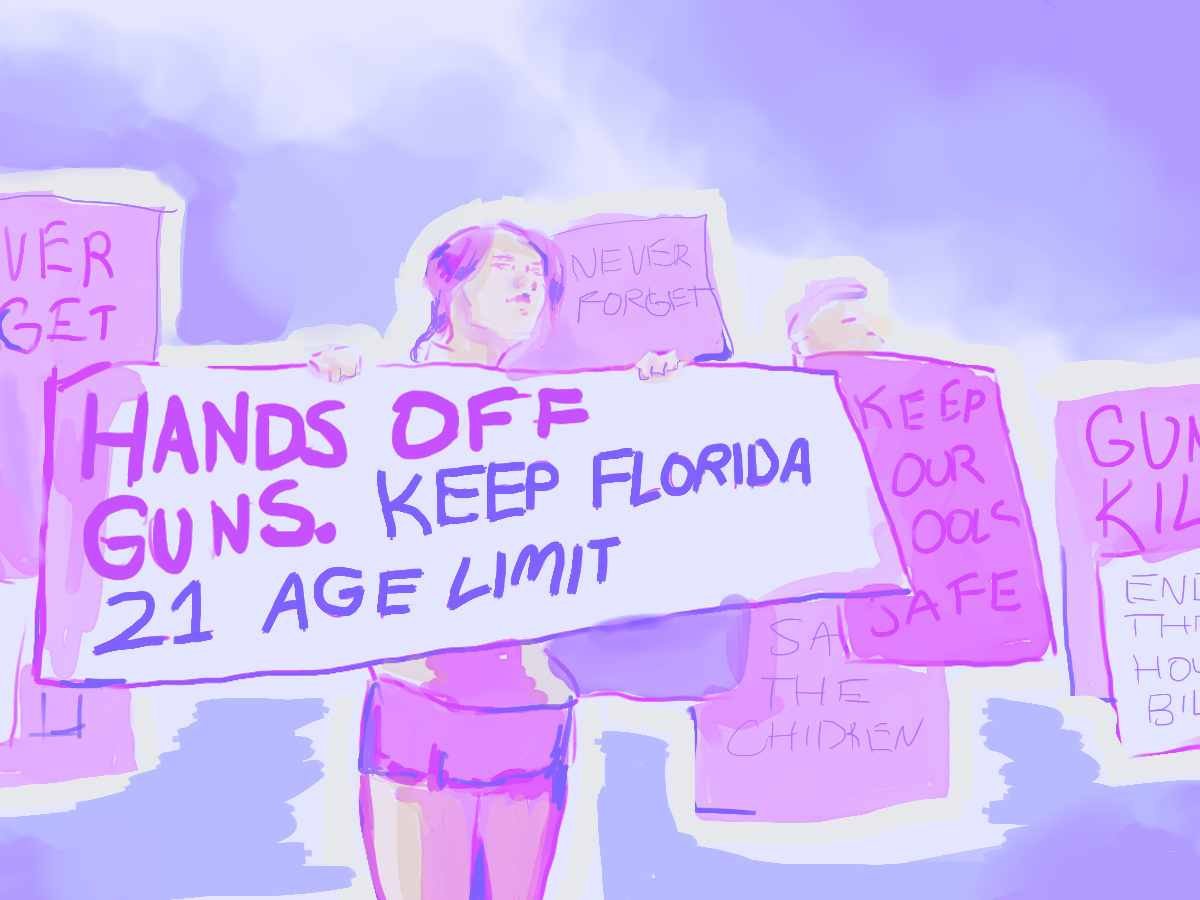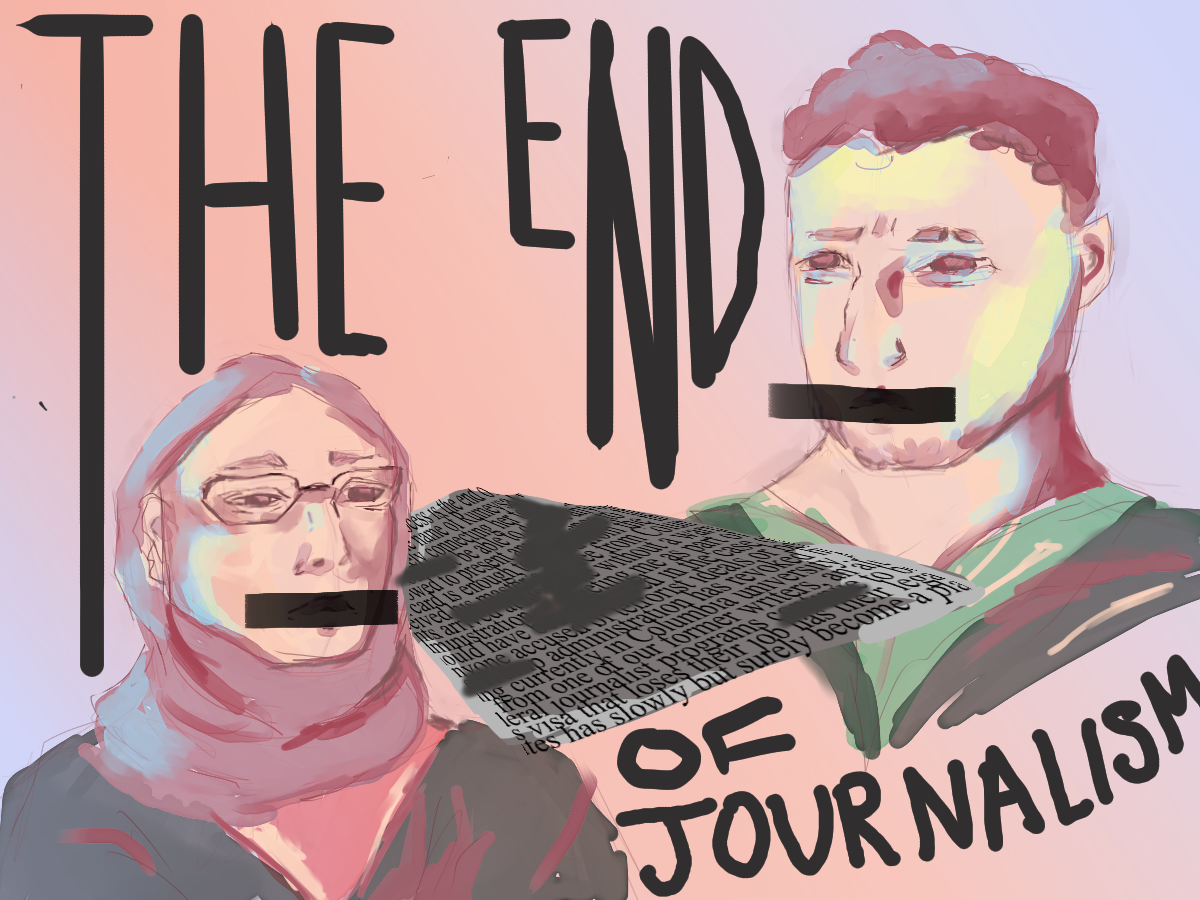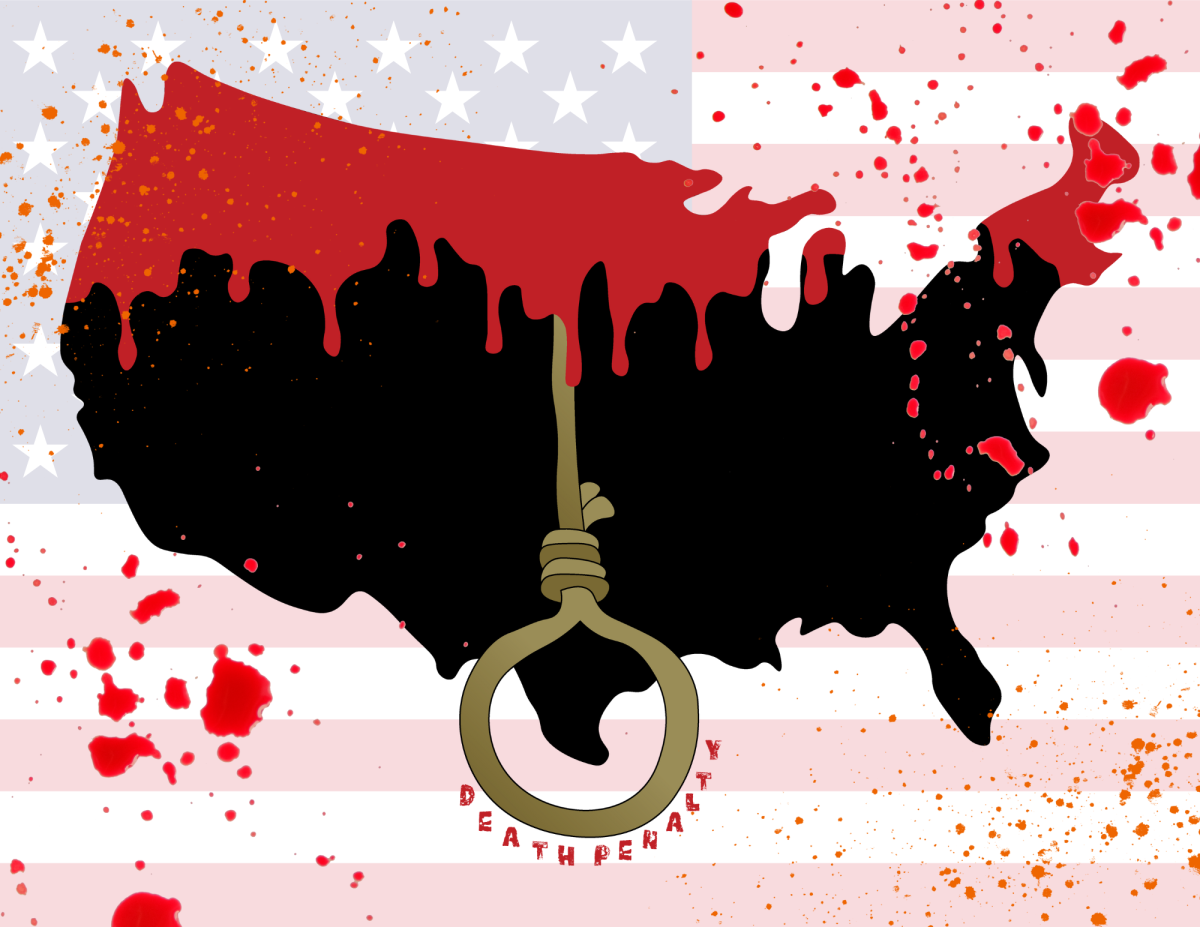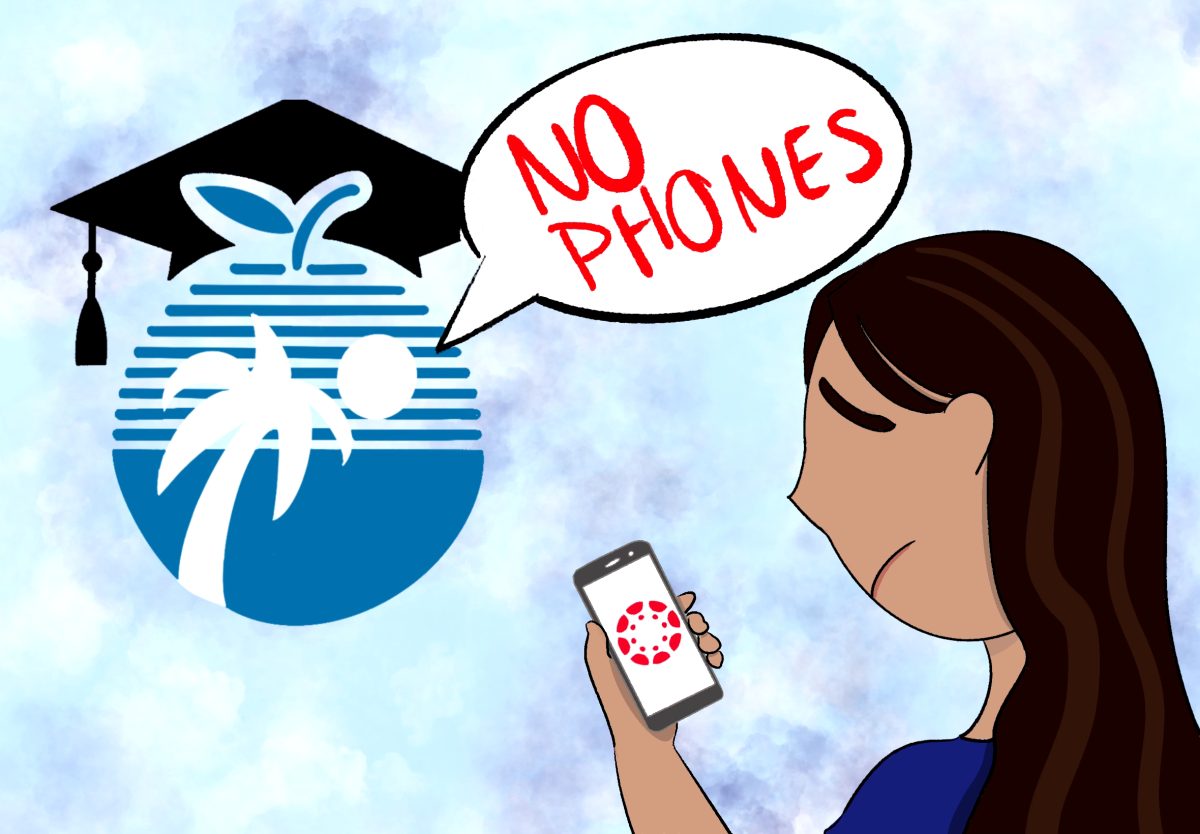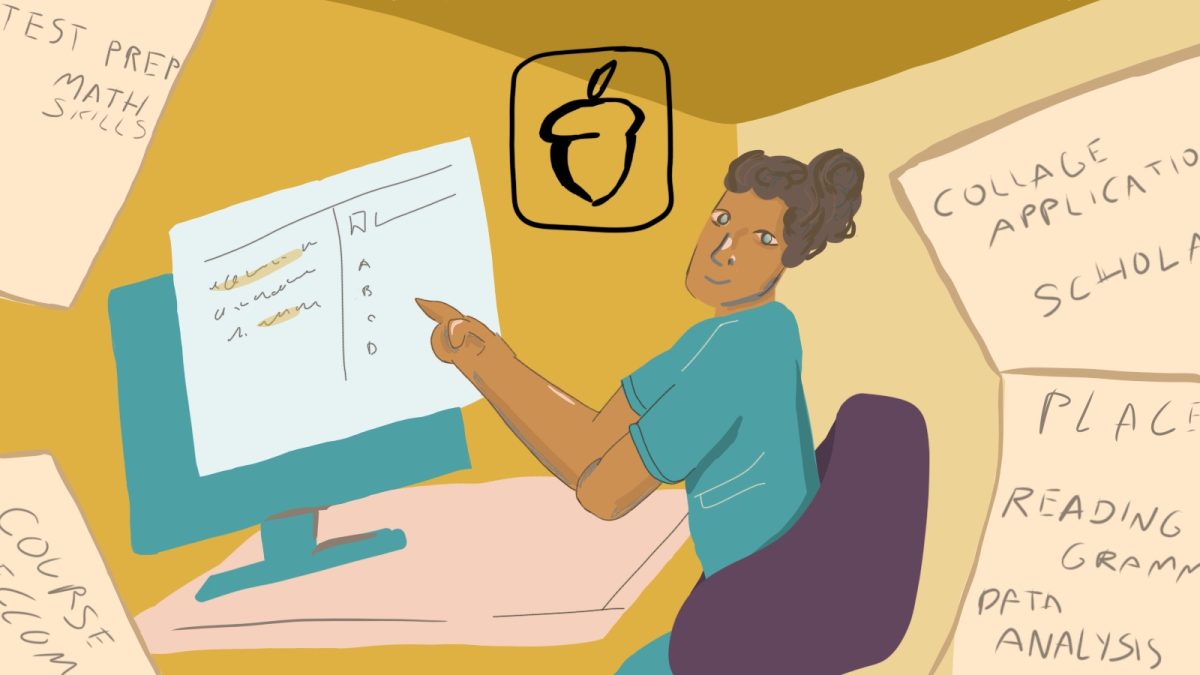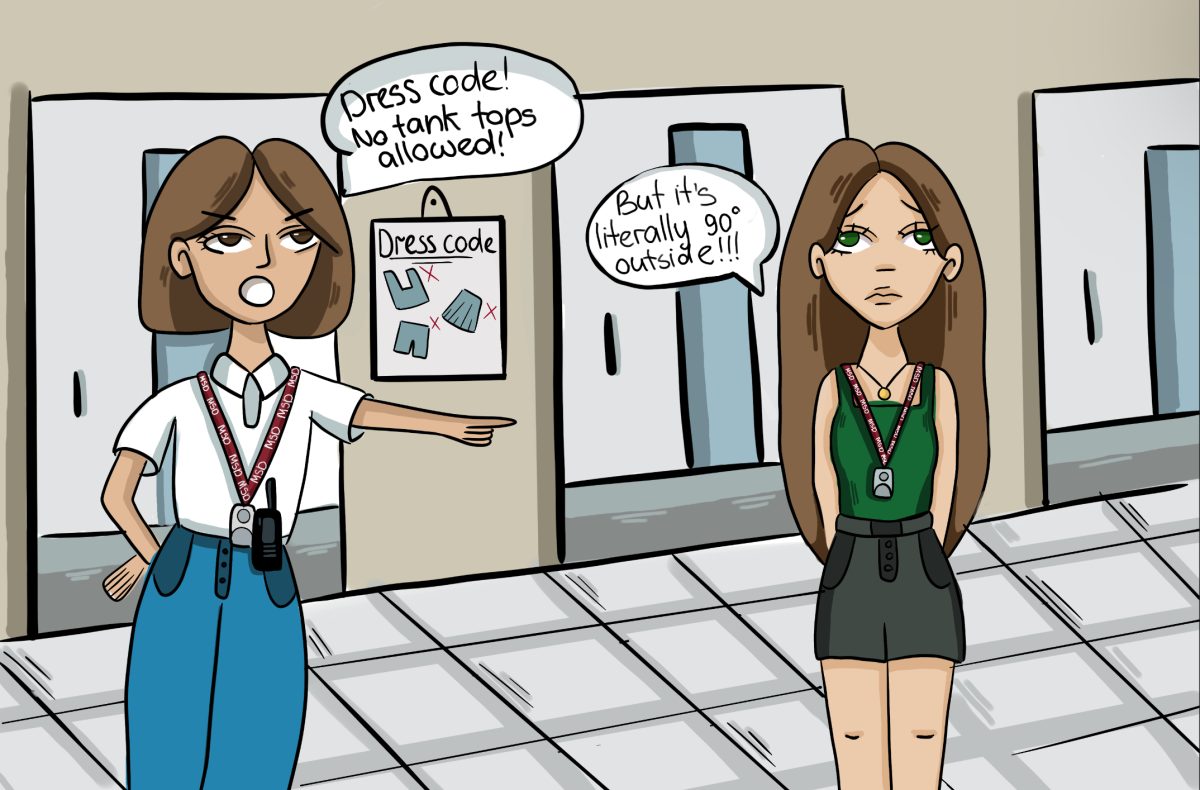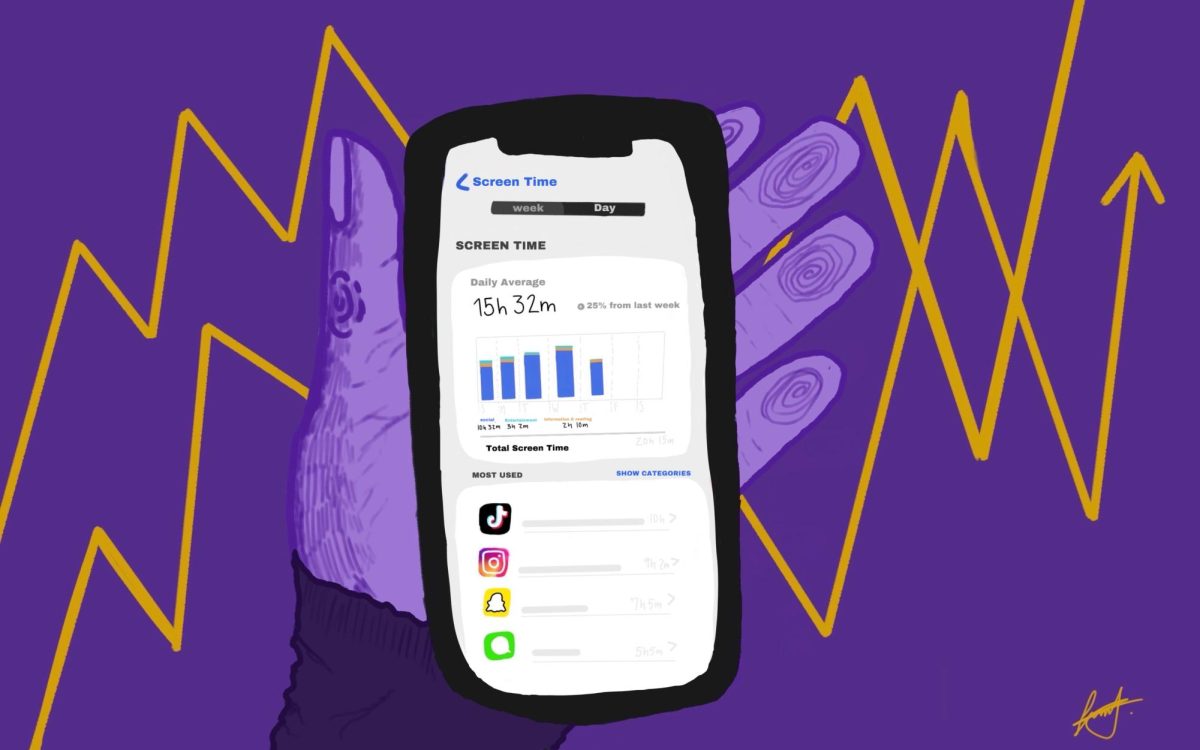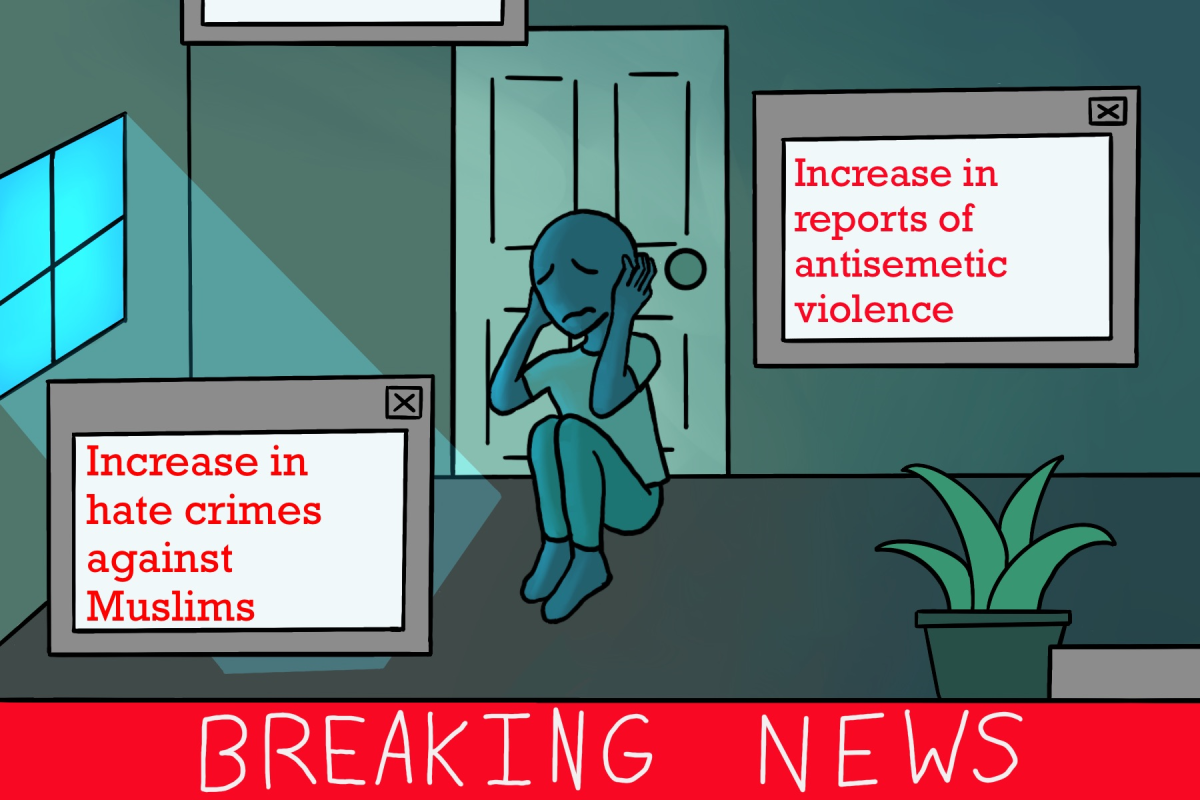Thirteen-year-old girls forced to give birth, women forced to deal with miscarriages due to nonviable pregnancies, transgender men forced to see through an unwanted pregnancy, women forced to carry the children of their rapists, people of all genders and sexes denied important medication–these are all unfortunately common events in a post Roe v. Wade world.
Such problems are particularly prevalent in states with abortion restrictions, including Florida. The Florida Supreme Court recently paved the way for the implementation of the 2023 law Senate Bill 300, which restricts abortion after six weeks, by upholding the 2022 law House Bill 5 that restricted abortions after 15 weeks. SB 300 took effect on May 1, 2024.
However, in a separate ruling on April 1, 2024, the Florida Supreme Court allowed an abortion amendment to be placed on the ballot for the November 2024 general election by approving the wording of the amendment. The amendment, Amendment 4, would effectively reverse both HB 5 and the later SB 300 if passed; at least 60% of voters need to vote for the passage of the amendment in order for it to be approved.
Floridians must approve this constitutional amendment for the safety of not only Floridians, but for all people in Southern states that lack abortion access. The closest state to the South with “protective” abortion laws–as classified by the Guttmacher Institute–is Illinois, which bans abortions at fetal viability, which is generally around 24-26 weeks.
This means that for all people in the South, abortions are incredibly inaccessible. As a result of the inaccessibility of abortions in restricted states, it was estimated in a study published by JAMA Internal Medicine in 2024 that over 64,000 women and girls became pregnant as a result of rape across 14 states. Most of these states had no exceptions for pregnancies that resulted from rape; Texas had the most, with 45% of rape-related pregnancies originating from the state. The research letter explained that “few (if any)” of these pregnancies resulted in legal, in-state abortions.
By eliminating accessibility to safe abortions, many turn to unsafe options as a way to get one. In fact, a study by the Guttmacher Institute in 2017 found that in countries that do not restrict abortion access, only 1% of abortions were unsafe; in heavily-restricted countries, 31% of abortions were unsafe. There was not a large difference in the number of abortions that occurred, with a 37:34 ratio.
The lack of safety has critical implications for maternal safety in the United States. The U.S. has the highest maternal mortality rate among all developed nations in the world. In a 2020 study by researchers at the University of Colorado Boulder, if the U.S. passed a nationwide ban of abortion, overall maternal deaths would increase by 24%. Florida is the state with the highest expected increase at 29%.
In fact, even in cases where the pregnant person would technically qualify for an abortion, doctors are turning away patients. For example, Florida resident Deborah Dobert attempted to receive an abortion after her fetus was determined to be unviable due to a Potter’s Syndrome diagnosis. The state of Florida provides exceptions in the abortion ban for “fatal fetal abnormalities,” but doctors refused to provide her an abortion for fear of legal backlash.
Abortion laws have effects that far outrange terminating pregnancies. They have led to the denial of prescriptions that may also be used for medical abortions. In Arizona, a 14-year-old girl was denied a refill of a prescription of methotrexate.
Methotrexate has a variety of medicinal uses, including treating cancer and autoimmune diseases, such as rheumatoid arthritis, as it works as an immunosuppressant. Among its many uses though, it can be used to end ectopic pregnancies, which has resulted in many pharmacists’ hesitance to prescribe it to people.
“I think [willingness to prescribe methotrexate is] all over the board. I’ve read lots of stories about this too,” pharmacist Donald Miller said in an interview with Pharmacy Times in 2022. “It seems like even in some states that don’t restrict abortion, pharmacies and physicians are becoming very careful. I’m sure there’s also a lot of pharmacists just dispensing it routinely. But certainly, there’s fear, and well-documented, at least some pharmacies are refusing to fill prescriptions. Also, some doctors or even whole medical systems apparently have put a hold on prescribing methotrexate until they get more clarity on what they can and can’t do.”
Through its wide-ranging effects, Florida’s SB 300 has drastic implications on the lives and livelihoods of people throughout the state and region. Florida must pass Amendment 4 in November to ensure the safety of all Floridians.
This story was originally published in the May 2024 Eagle Eye print edition.


